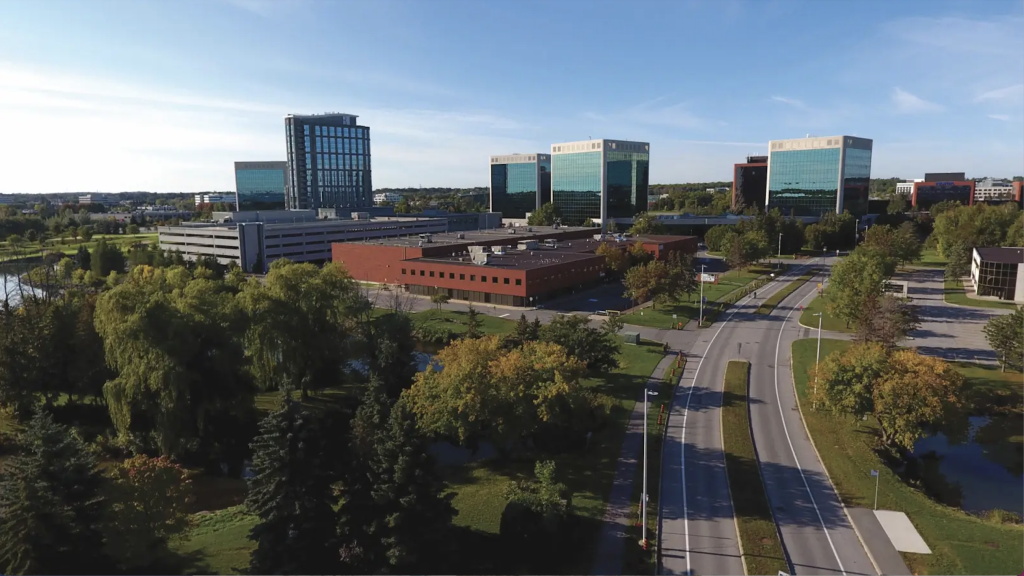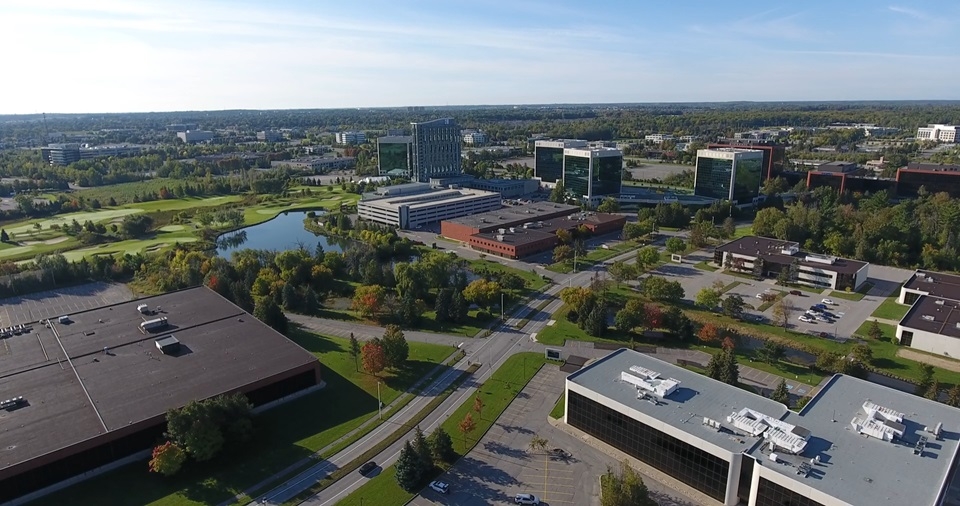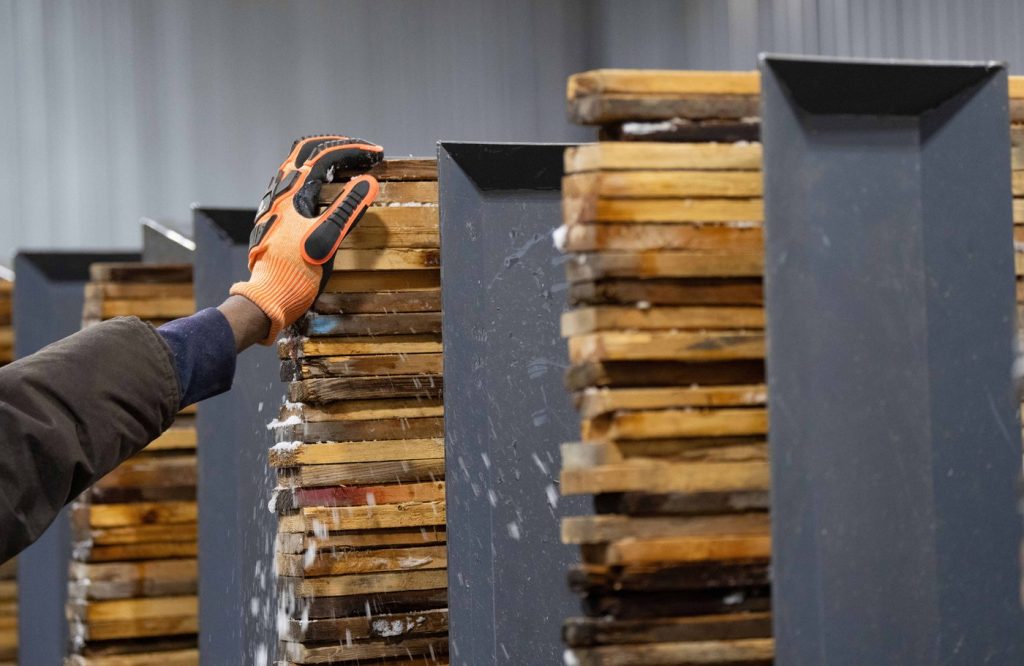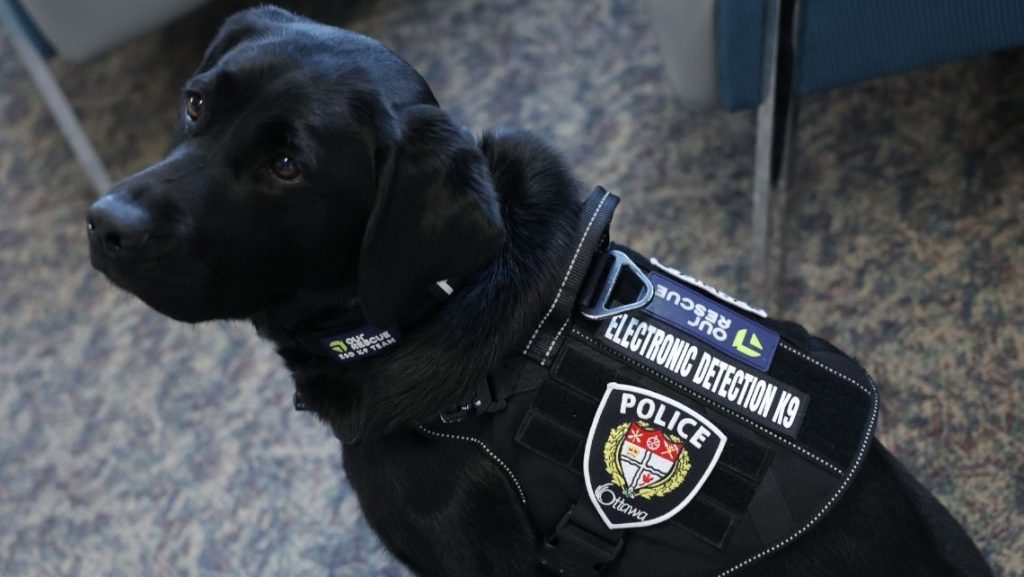Kanata North’s tech hub grows, generating over 30,000 jobs in Ottawa

Posted Jan 13, 2025 01:58:28 PM.
Last Updated Jan 14, 2025 10:38:21 AM.
Kanata North’s high-tech district has been designated a Special Economic District within the City of Ottawa’s Official Plan, after it generated over 30,000 jobs and became the most concentrated market in North America.
The community— spanning 550 hectares in Ottawa’s west end — is made up of more than 540 companies in the nation’s capital, primarily in the tech sector, wrote the City of Ottawa in a news release.
Additionally, the tech park contributes more than $13 billion annually to Canada’s GDP, the Kanata North Business Association (KNBA) said.
Ottawa describes special districts as “target areas of the city that are important to our national and international image as the capital of Canada, and are key regional economic districts important to our local identity.”
Other Special Economic Districts in Ottawa include the ByWard Market, Lansdowne and the Ottawa International Airport.

According to Coldwell Banker Richard Ellis (CBRE), a real estate services and investment firm based in the U.S., Canada’s tech talent workforce increased by 15.6 per cent between 2020 and 2022.
The country’s workforce growth rate outpaced the U.S. by an estimate 11 per cent, the data shows.
While tech represents 13.3 per cent of Ottawa’s workforce, this is a higher concentration than any other market in North America, it noted.
“Kanata North is considered a high tech hub of not just local but national importance — a nationally significant technology cluster and major contributor to Ottawa’s metropolitan economy,” wrote the City of Ottawa.
In 2025, city council plans to adopt a streamlined process for approving new development in Kanata North, once the Community Planning Permit (CPP) is in place.
The introduction of this permit means the process of applying for a building permit, site plan and an official plan amendment will be rolled into one permit — requiring an estimated 45 days rather than 150 days to break ground, wrote the city.
The CPP pilot project kicked off in August 2020 and is expected to come into effect this year. The municipality also notes that KNBA has been working with partners to develop a self-driving vehicle that will act as a shuttle between parts of North Kanata.
Currently, the autonomous vehicle is being tested for winter road conditions and the city expects it will be on the road in Kanata North by summer 2025.
Invest Ottawa, Aurigo, the City of Ottawa, uOttawa, Deaf AI, EcoSafeSense are some of the partners included in this pilot project, wrote the city.








